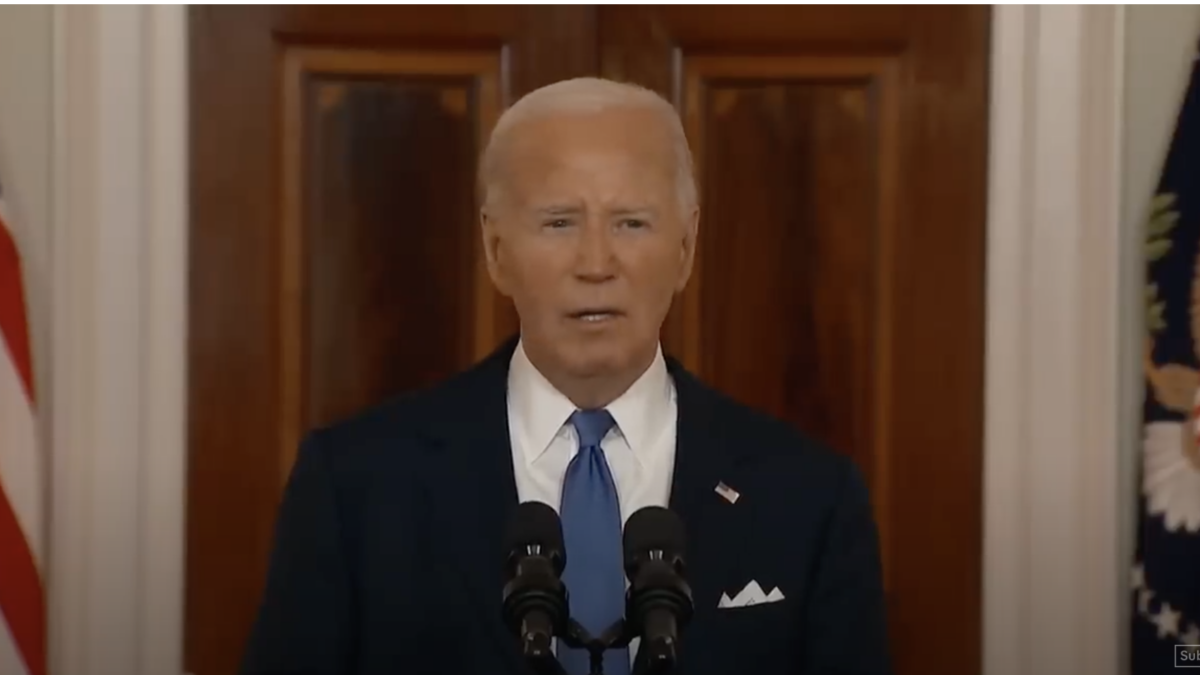
Obesity is an increasing problem in today’s gluttonous culture, leading to a swath of health threats including premature deaths. But a left-wing writer seems to see it differently. Writing in NBC News on Sunday, Samhita Mukhopadhyay, former executive editor of Teen Vogue and author of “Outdated: Why Dating is Ruining Your Love Life,” claims women should “have a hot (fat) girl summer.” Note the parenthetical.
“We survived a global pandemic and now you’re worried about the size of your jeans? Let’s just refuse to ever be ashamed of our bodies again,” the subtitle of the piece declares. “It’s time to tip the scales in our favor and have ourselves a hot fat girl summer.”
“Why are we torturing ourselves and other people with the pre-pandemic pressure to lose weight? There is no scarcity right now of jokes, memes and advice on how to lose the ‘pandemic 15’ or shame around pandemic weight gain,” the author writes. “But pushing ourselves to get back to the life we had before, for better or for worse, seems counterintuitive to the opportunity we have as we re-enter society …Why not take this moment to reset our barometers for self-love? Why not just reject the unfair, external standards that have always kept us all — but especially women — in a cycle of self-hate, fighting to get or keep our weight down, cycling through juice cleanses and fad diets and overly aggressive exercise classes?”
This is an awfully misguided assessment, and rejection, of the linkage between physical health, mental health, and coronavirus transmission. As Tristan Justice pointed out in The Federalist several months ago, obesity puts people at a greater risk of COVID-19 complications. The Centers for Disease Control and Prevention warns that obesity could triple someone’s risk of being hospitalized. Nearly 80 percent of those hospitalized from COVID-19 were obese or overweight, one study by Kaiser Family Foundation found.
According to a report by the World Obesity Federation, the risk of getting COVID is 10 times higher in countries where citizens are obese. The study analyzed data sets from 160 countries and found higher mortality rates in locations with higher obesity rates.
Lockdowns paved the way for additional weight gain as Americans were shuttered away in their homes streaming film and television shows in record numbers. A global survey in January found that a striking two in five American respondents gained weight during lockdowns, and the average gain was 14 pounds.
Mukhopadhyay is doing a disservice to readers when she normalizes being in poor bodily shape. Humans benefit physically and, just as critically, mentally from exercising. Studies have shown time and time again that working out correlates to a boost in brain health.
A 2014 Harvard University study found regular exercise will “boost the size of the hippocampus,” lower blood pressure, and help block depression, among other benefits. A 2018 study in The Lancet Psychiatry journal surveyed 1.2 million people and found that those who exercised had 43 percent less “bad self-reported mental health” days as opposed to others who exercise.
Considering depression at one point tripled in U.S. adults amid lockdowns and overdose rates were the highest in a 12-month period ever a year ago, it is imperative for people to take care of themselves. Overeating will not do that. Nor will celebrating the act. Getting on all fours and doing some pushups will, though.
Cultural elites like Mukhopadhyay who romanticize people damaging their health foster the erroneous myth of subjectivity — that whatever feels good in the moment is good. The left has determined that everything is a construct, so there is no meaning or inherent truth in the universe. Thus, a male can be a female, and vice-versa; just see postmodernism and queer theory. Apparently, those who can reproduce are “birthing persons,” not women. Being obese is relative to society’s perception.
“Feel good in your body. Feel grateful that you survived something that threatened your health and your life. Celebrate being alive. We’ve put too much unnecessary pressure on ourselves and on each other to come out of this pandemic ‘perfect,’ as though there is some objective standard for that,” Mukhopadhyay continues. “I’m working on loving myself — and allowing that love to include my body. I have found that forcing myself to focus less on my exterior and more on my interior has actually been revelatory.”
Mukhopadhyay is urging what many today call “self-love.” But self-love does not mean self-fulfillment and a healthy lifestyle.
Corporate media like NBC loves to peddle such falsehoods. It only hurts everyday Americans who are given the signal that there is nothing wrong with forgoing medical guidance and common sense for hoopla steeped in the hedonistic self-esteem movement. Do what you want, when you want, how you want it.
Being a well-rounded, healthy, and happy person requires knowing one’s limits and being prudent. Overeating and failing to take good care of your body, as the author suggests, is not only bad for you, but promotes a hedonism mainstream and promoted by leftists.
Leftists promote a multitude of activities with the same justifications — all to affirm people’s worst instincts and embrace a radical brand of individualism; rioting with no regard for human life or property, killing babies in the womb, promiscuity, not referring to a mistress as someone who is cheating on a loved one, encouraging women to stay single, fostering a hookup culture, and more.
This becomes even more ironic when one considers the left’s coronavirus messaging. “Follow the science,” is all one hears. “Trust in Fauci.” Yet there are activists like Mukhopadhyay urging the celebration of physically unhealthy things and the Orwellian editors at Cosmopolitan putting two obese ladies on the front cover of the magazine with the caption “This Is Healthy!”
By writing this piece, Mukhopadhyay makes clear she believes that what is healthy and just for a person ought to be strewn aside in favor of hedonism. Content like this does nothing to advance the common good or help any individual. It only encourages bad human impulses.









